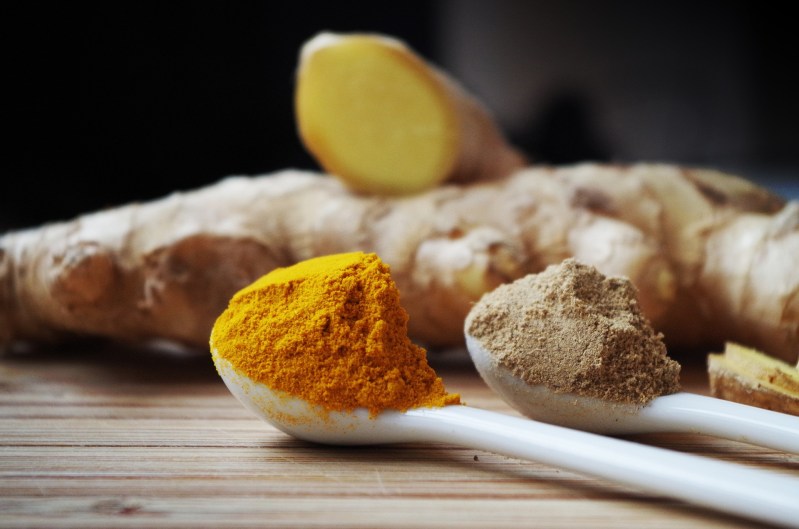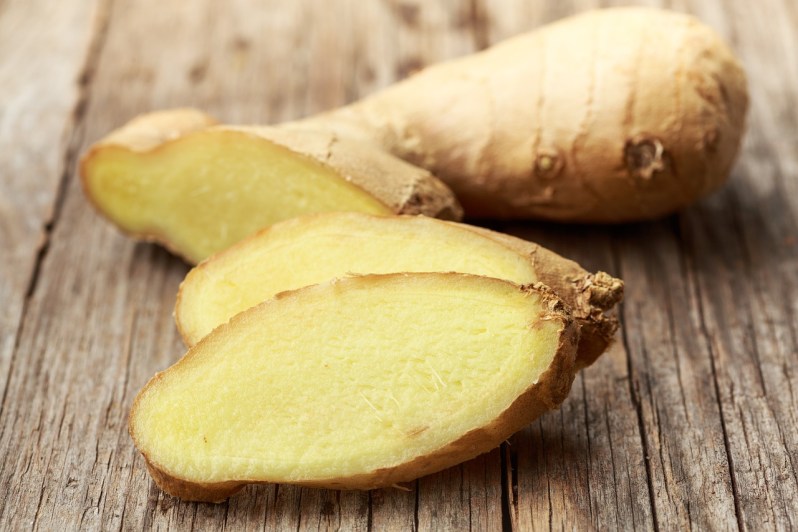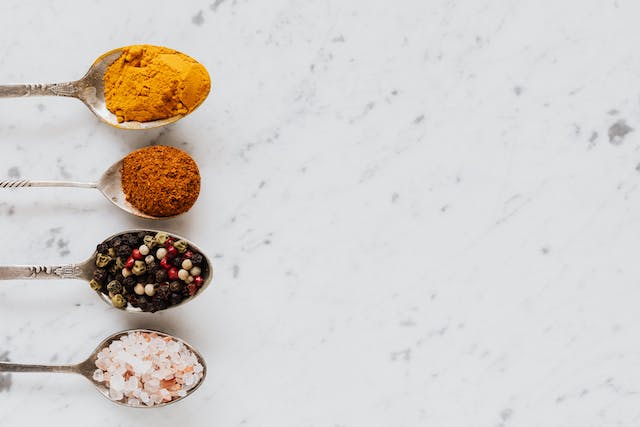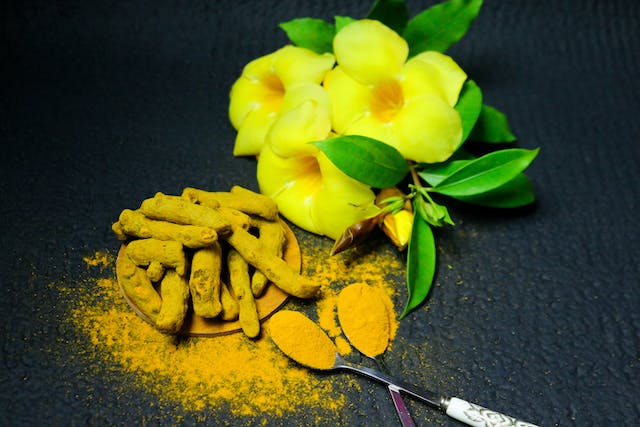
Turmeric is an herbaceous plant used for centuries and is native to countries in eastern Asia. Not only is turmeric used as a spice in many classic Indian meals, but it’s also used by many people for its holistic benefits, such as helping decrease inflammation. The reason turmeric is thought to offer many health benefits is thanks to an ingredient known as curcumin. While curcumin does offer inciting health benefits, taking it alongside black pepper and ginger can enhance its effectiveness even more. This overview will explore this excellent combination of herbs and spices and why you should take them together.

Why these are most effective together
If you want to get the most out of turmeric benefits, taking a mix of ginger and black pepper can help enhance absorption and help you get the most out of your supplements. If you’ve ever purchased curcumin supplements that contain black pepper – here’s why. Black pepper contains a compound known as piperine that helps our bodies more easily absorb curcumin. Consuming black pepper benefits your digestion, helping to block the metabolic pathway of curcumin and helping the body more effectively use the curcumin. The results of this research aren’t negligible either, with studies suggesting that the piperine found within black pepper can enhance the absorption of the curcumin in turmeric by nearly 2000%.
Another way to enhance the absorption of curcumin is with ginger. Consuming ginger can offer digestive support and also contains antioxidants that help support the health of our cells. Not only are ginger benefits enticing on their own, but taking ginger alongside curcumin can also help support absorption.

Methods of consumption
Since these three herbs work most effectively together, many brands also offer combination supplements that make it easy to take them all together. When shopping for turmeric supplements, be sure to read the label and ingredients to see the breakdown of each component. In addition, be mindful of the list of inactive ingredients, which may contain magnesium stearate and silica or other fillers that provide no benefit. Most research suggests that the average adult can benefit from consuming 500 to 1,000 mg of turmeric daily.
For those who have swallowing difficulties or prefer not to take supplements, these herbs can also be consumed in other forms. Many herbal teas offer ginger and turmeric varieties, which can be enjoyed with a dash of black pepper. If you don’t love the taste, try adding some lemon juice or a few drops of liquid stevia to add a touch of sweetness to your tea. Some companies also offer turmeric or ginger immunity shots, or you can try homemade varieties too. However, if you’re looking for the most benefits from these herbs, taking a supplement will offer the most concentration of turmeric, ginger, and black pepper.

Conditions these herbs can help
Now that it’s clear why ginger, turmeric, and black pepper are often consumed together, you’re likely to be wondering what this unique blend of herbs truly offers.
Anti-inflammatory benefits
Researchers have been exploring the health benefits of curcumin for many years, but most research has explored its anti-inflammatory benefits. Inflammation is thought to be the root cause of many chronic diseases (such as heart disease) — which means curcumin could play a role in helping to manage or prevent these conditions. Many people who have arthritis or other joint conditions found that consuming turmeric may help reduce inflammation and thereby provide natural pain relief and help to improve symptoms.
Regulating blood sugar levels
Maintaining regular blood sugar levels is an important component in helping to prevent Type 2 diabetes. As such, research has found that consuming ginger and turmeric may help support stable blood sugar levels and help fight against insulin resistance.
Brain benefits
Some research has also explored the ability of ginger and turmeric (with black pepper) to help boost brain function, such as improving memory and attention. These natural herbs might also help enhance brain-derived neurotrophic factor (BDNF) which is important to keeping brain function strong as we age. Many believe low levels of BDNF to be associated with conditions associated with cognitive decline, such as Alzheimer’s disease.

Improving your health with this combination of herbs
If you’ve been consuming turmeric supplements on their own, it might be time to add some ginger and black pepper to your regimen to enhance their effectiveness. Both ginger and black pepper serve to enhance the absorption of curcumin found in turmeric, helping you to get the most health benefits. Whether you enjoy these herbs in supplement or tea form, consuming this combination of herbs can help you easily elevate your health and fight against chronic disease.



